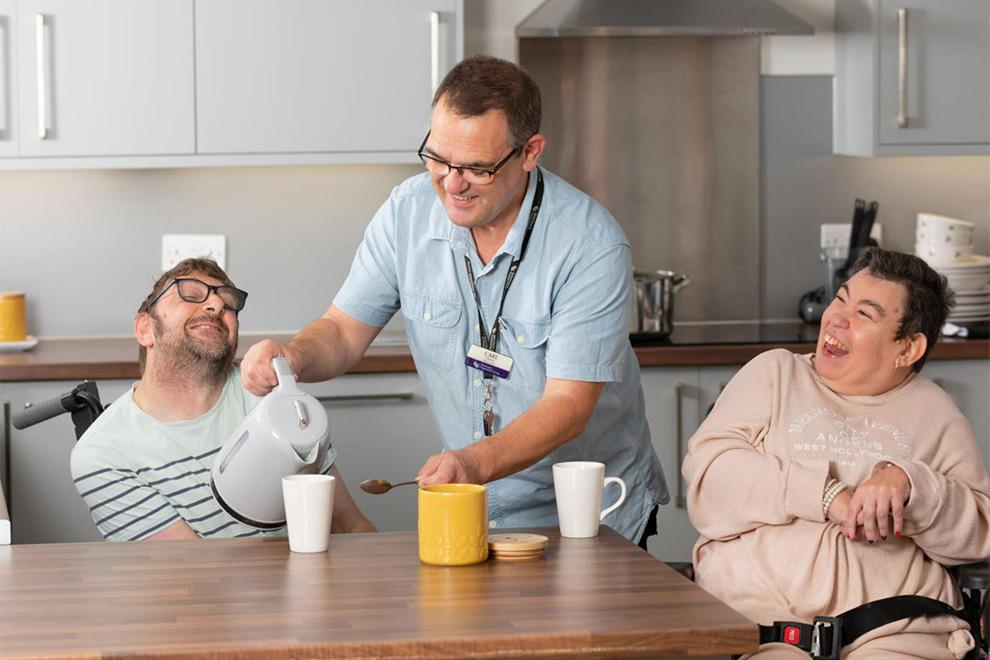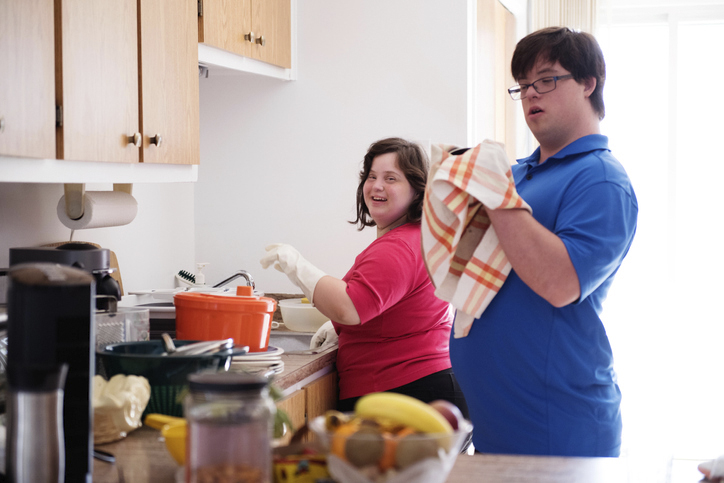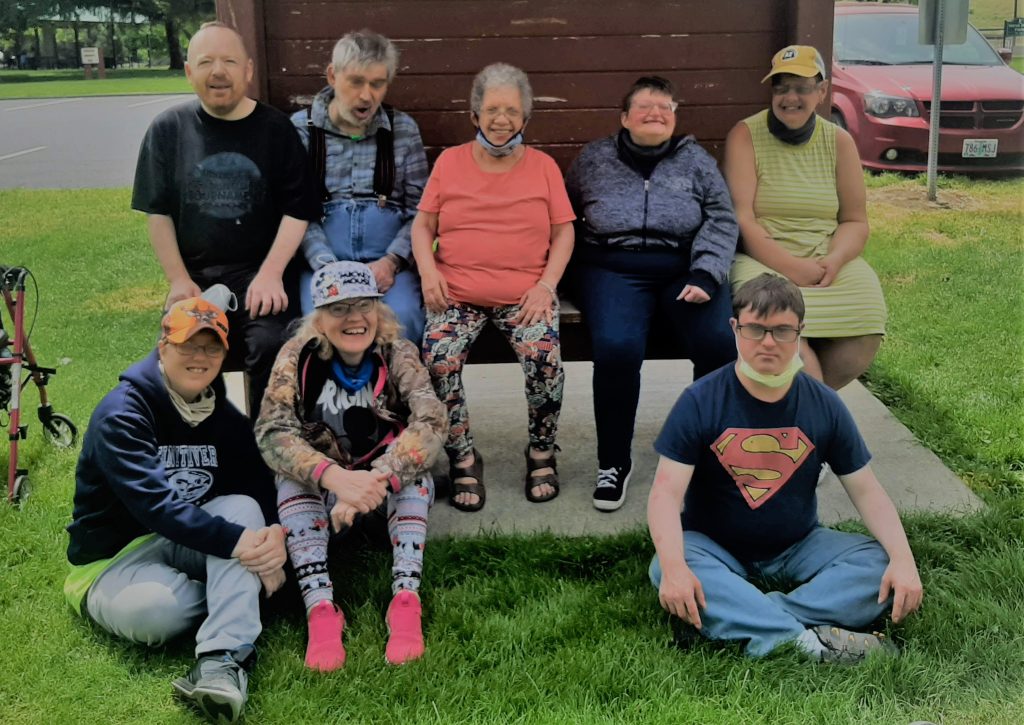
Supported Living is a care option that allows a significant level of independence, while also ensuring that the individual is suitably housed and has access to support when they need it. It can be an empowering yet safe alternative to traditional residential care, giving vulnerable individuals the opportunity to be more self-sufficient while still receiving some help, in a number of different areas, from dedicated care staff.
How does supported living work?
Supported living helps people who want to live independently in their own home but who still need some help with a range of tasks. Some key features usually include; Advise about budgets and grocery purchases, assistance in keeping medications taken at the appropriate times and ordered, and personal care needs including washing, dressing, laundry, preparing meals, and checking for safety issues.

Who might need supported living?
Anyone who has clear care needs but wants to be able to live more independently can benefit from a supported living arrangement. They can be more self-reliant than is usually possible in a residential care setting.

What are the benefits of supported living?
Residents have the opportunity to take on responsibilities such as managing their own cost of living and bills, which allow them to grow their confidence and sense of independence.
It can provide a smooth, supported transition for those wanting to move gradually towards greater independence
Living more independently encourages residents to develop new life skills, such as cooking or managing a budget. This can be a huge self-esteem boost and potentially pave the way towards ever-increasing independence, for example by allowing them to study for qualifications, or learn the skills required to find a job.

How do you know whether supported living is the right option?
Individuals with intellectual or developmental disabilities can find that supported living enables them to live a happier and freer life, but it isn’t necessarily the right choice for everyone.
Supported living will be most suitable for people who have the ability to do a significant proportion of simple and everyday tasks for themselves. This can mean that it is a less viable option for people who have serious mobility issues which cannot be overcome with assistive technology or home adaptation. Since a supported living environment also requires a moderate level of personal responsibility, those with very severe learning disabilities, for example those who cannot achieve a high enough level of literacy and numeracy to understand a basic budget, may struggle to cope in supported living.
For those whose needs are greater, it may be more appropriate to consider residential care.

Need our services?
To find out if you or a family member qualify for supports through Horizon Project, start by contacting the Umatilla County Community Developmental Disabilities Program (CDDP). The assessment and intake process
https://www.co.umatilla.or.us/departments/dd
Contact us
Milton-Freewater, Corporate Office
(541) 938-5658
608 N. Russell – Google Map
Milton-Freewater, OR 97862
Hermiston
(541) 567-8374
408 E. Main St. Suite A – Google Map
Hermiston, OR 97838
Pendleton
(541) 278-4544
223 SW Court – Google Map
Pendleton, OR 97801
Resource:
